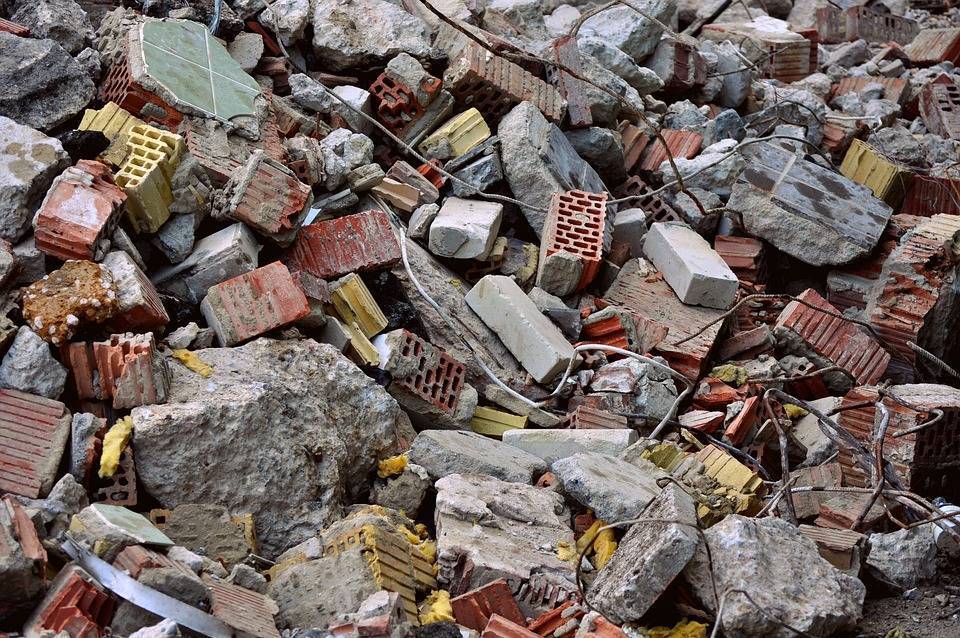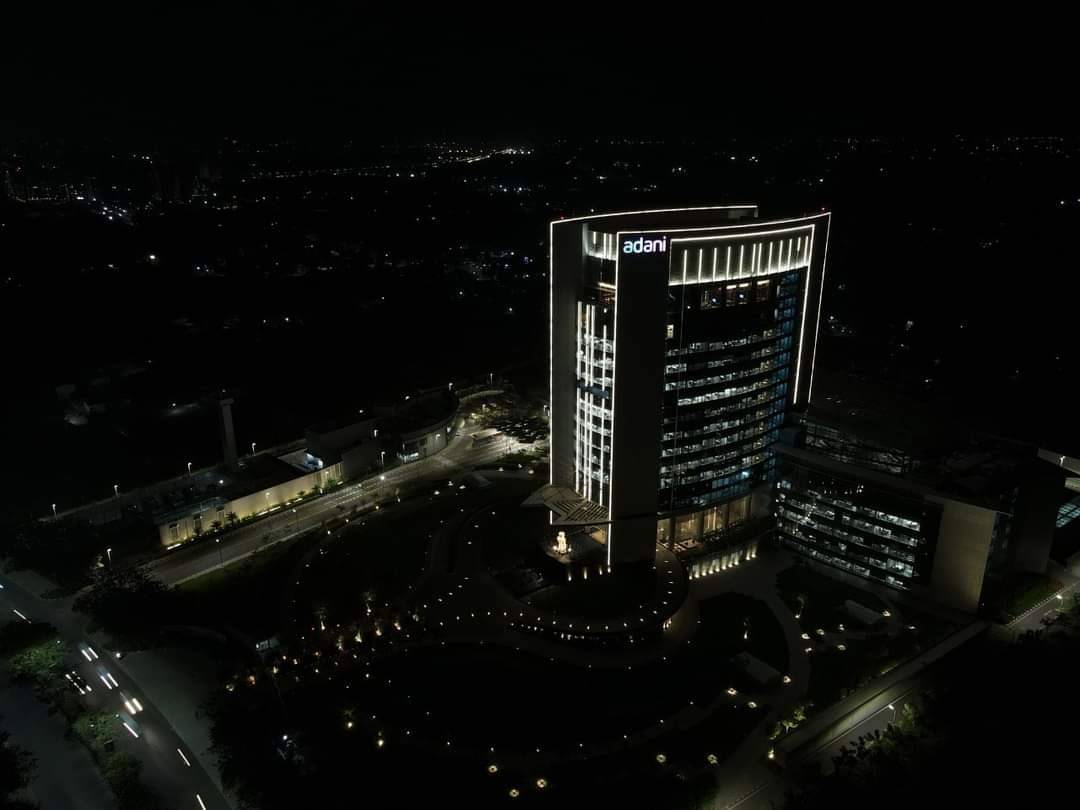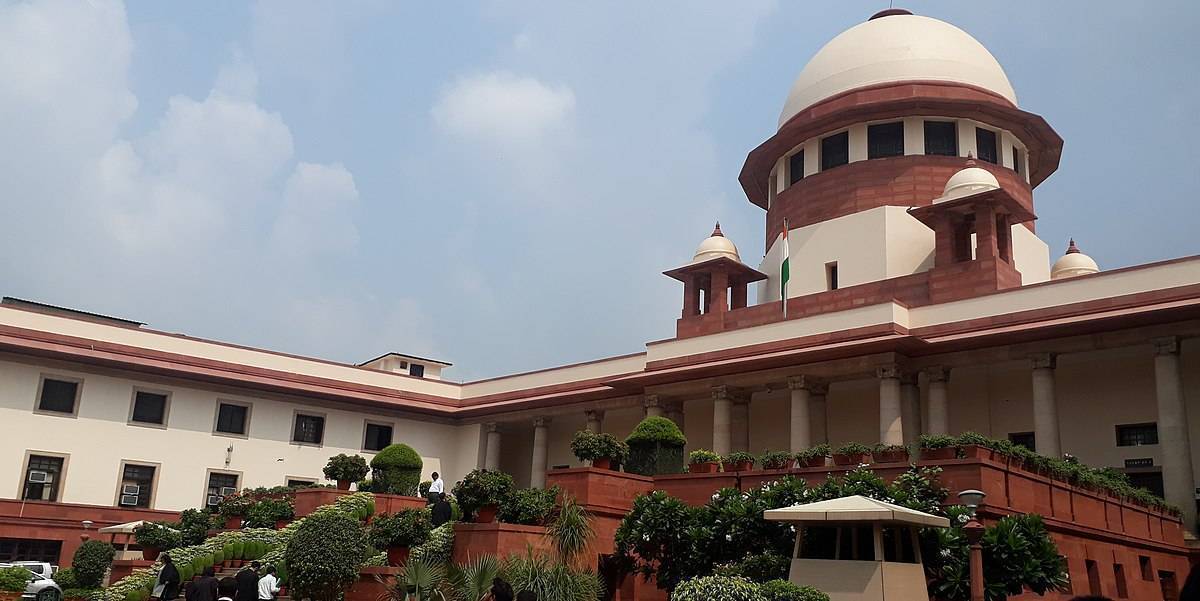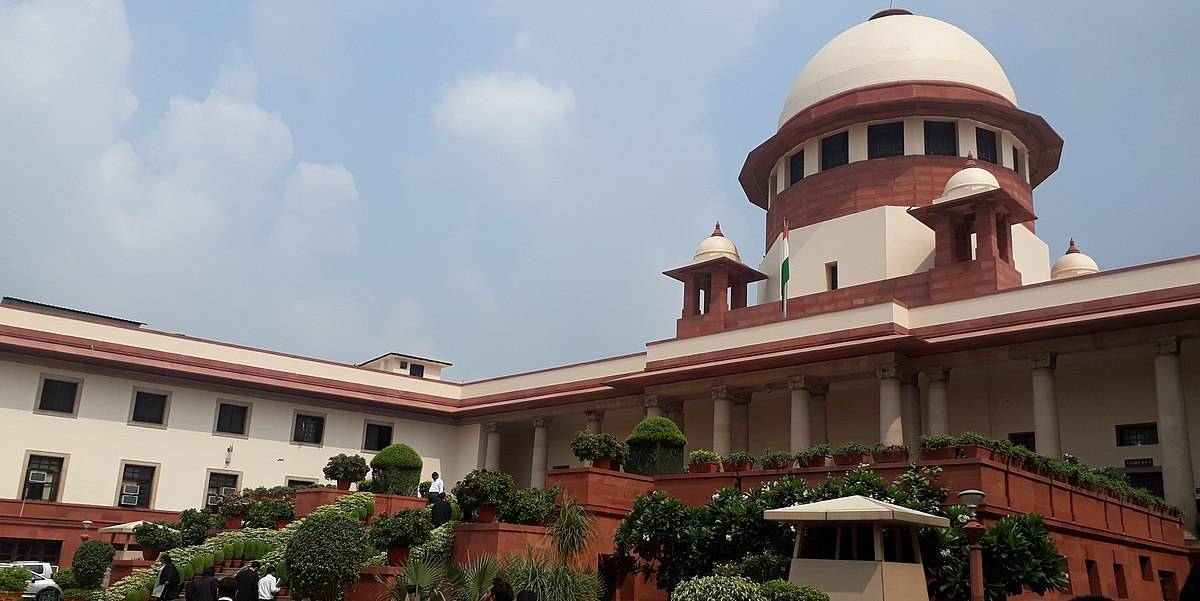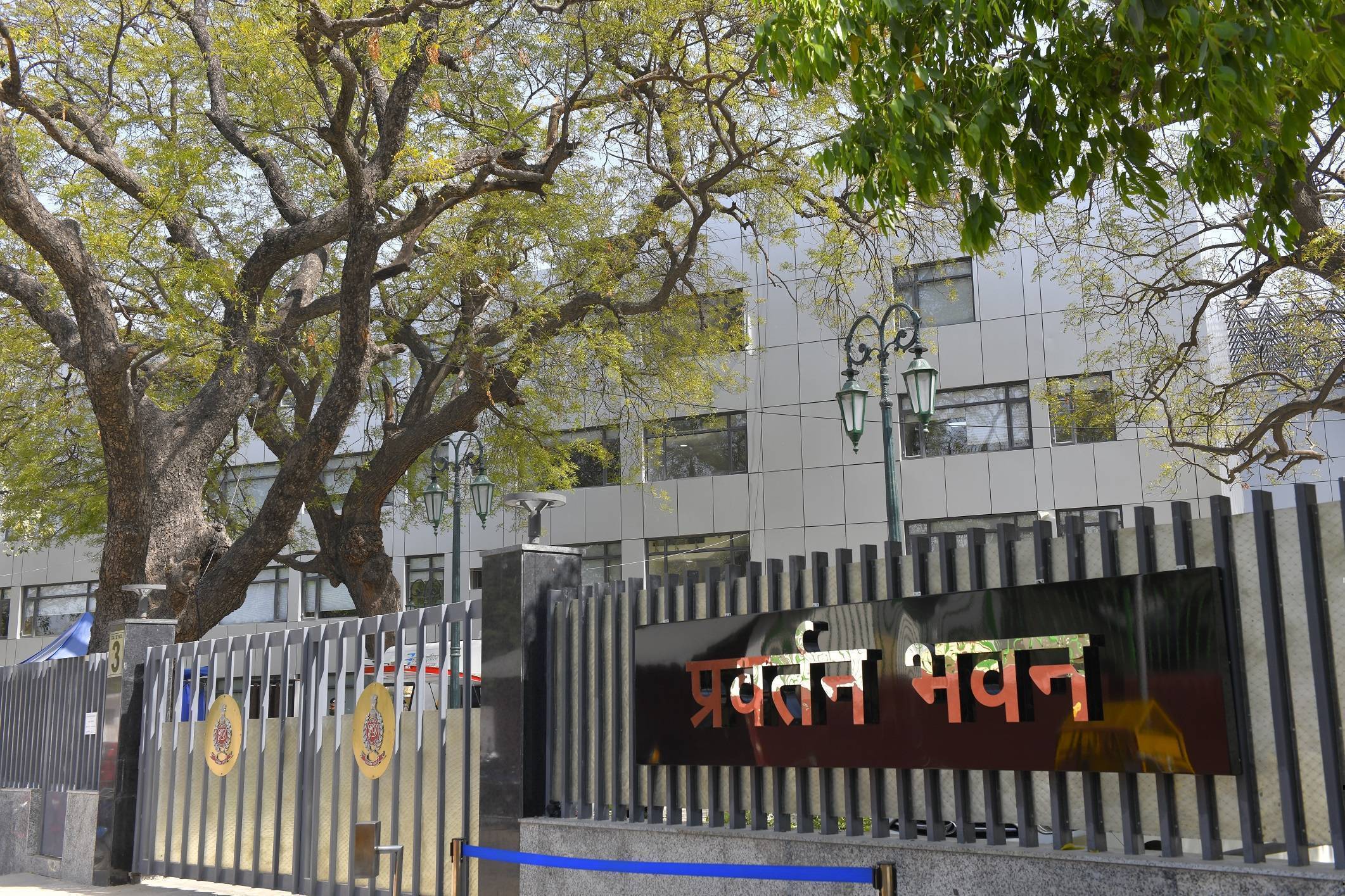Delhi Government Pushes for Increased Use of Recycled Construction Waste to Combat Landfill Crisis
The Delhi government has issued a directive urging various agencies to significantly enhance their use of recycled construction and demolition (C&D) waste in ongoing and future projects. This initiative is part of a broader strategy to reduce the environmental impact of construction activities and mitigate the growing problem of waste accumulating in landfills.
Government's Push for Sustainable Practices
In an effort to address the mounting waste crisis in the National Capital Region (NCR), the Delhi government has mandated that agencies such as the Delhi Development Authority (DDA), Delhi Metro Rail Corporation (DMRC), Public Works Department (PWD), and other local bodies maximize their use of recycled materials. This move is seen as a crucial step in promoting sustainability in urban development and aligning with national goals for waste reduction.
The Ministry of Housing and Urban Affairs has set ambitious targets for the recycling and reuse of C&D waste products. For the fiscal year 2024-2025, the target is set at 220,000 metric tonnes. The DDA has been assigned a target of 110,000 metric tonnes, the Delhi State Industrial and Infrastructure Development Corporation (DSIIDC) 154,000 metric tonnes, the Irrigation and Flood Control Department 210,000 metric tonnes, and other bodies like NDMC and DMRC have their respective quotas to meet.
Strategic Use of Recycled Materials
Recycled C&D waste can be sourced from various government facilities located in Jahangirpuri, Shastri Park, Mundka, and Bakkarwala. These plants are equipped to process construction waste into reusable materials that can be employed in various infrastructure projects. A senior government official highlighted the importance of this initiative, stating that the use of recycled materials not only reduces the volume of waste sent to landfills but also minimizes environmental degradation. By incorporating recycled products into construction, the government aims to lower greenhouse gas emissions and reduce the energy required to produce new construction materials.
Compliance and Monitoring
To ensure compliance, the Delhi government has instructed all construction agencies and departments to submit detailed plans outlining how they intend to utilize recycled C&D waste in their projects. A senior official from the Municipal Corporation of Delhi (MCD) emphasized the civic body's commitment to meeting these targets, noting that MCD has already been incorporating C&D waste in road construction. For instance, plastic waste has been used in dense carpet work at several locations, including Daryaganj, Siddharth Nagar, and Greater Kailash I. The success of these pilot projects suggests that more areas will soon follow suit.
In a further move to enforce the directive, the government has stated that payment of bills to contractors will be withheld if they fail to use recycled materials from designated processing facilities. This policy underscores the government’s determination to integrate sustainable practices into the construction sector.
Coordinated Efforts and Future Plans
All involved agencies have been urged to work in a coordinated manner to meet the targets set by the Ministry of Housing and Urban Affairs. Failure to do so will result in coercive actions, although specifics of such measures have not been detailed. The emphasis on coordination reflects the complex nature of urban development, where multiple agencies often work on overlapping projects. The success of this initiative hinges on effective collaboration and the sharing of resources and information.
Looking ahead, the MCD is planning to establish its fifth C&D waste processing plant in Tehkhand, Okhla. This facility will serve the central and southern zones of Delhi, focusing on the collection, transportation, processing, and disposal of waste. The addition of this plant is expected to further bolster the city's capacity to manage construction waste and reduce its environmental footprint.
Conclusion
The Delhi government's directive to maximize the use of recycled C&D waste is a significant step towards sustainable urban development. By setting clear targets and enforcing compliance through financial incentives and penalties, the government is driving home the importance of environmental responsibility in the construction industry. As Delhi continues to grow and develop, the successful implementation of this initiative could serve as a model for other cities grappling with similar challenges, highlighting the potential of recycled materials to transform waste management and reduce the ecological impact of construction.

